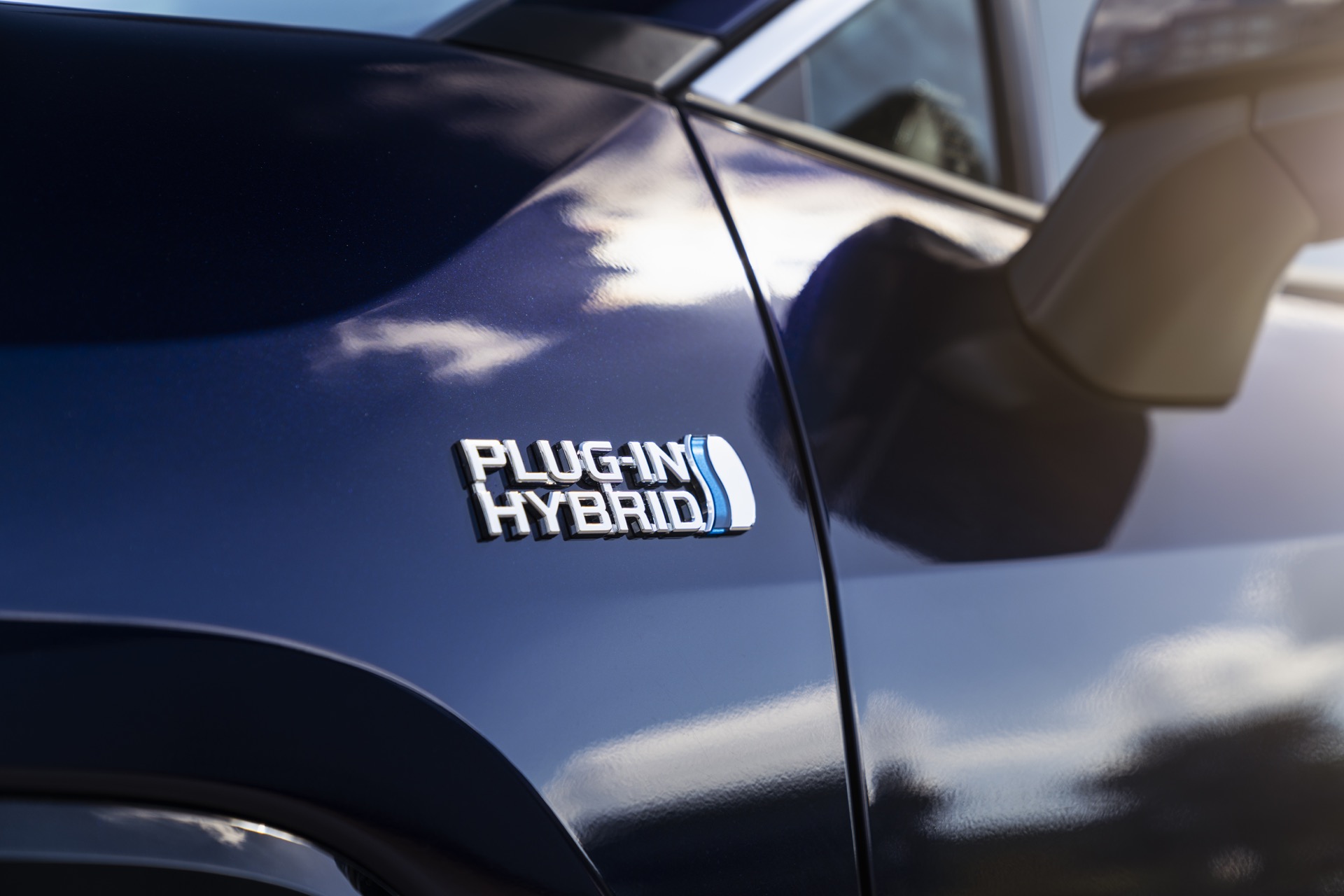wemay
Site Donor 2023
I've read other articles where Toyoda's opinion is being dismissed in this frenzied environment where EV is everything to some.

 www.greencarreports.com
www.greencarreports.com

Report: Toyota CEO claims EVs worsen CO2 emissions, pushes back on proposed ICE bans
Toyota is far from bullish about the potential of electric vehicles over the next few years—at least in its home market of Japan.
